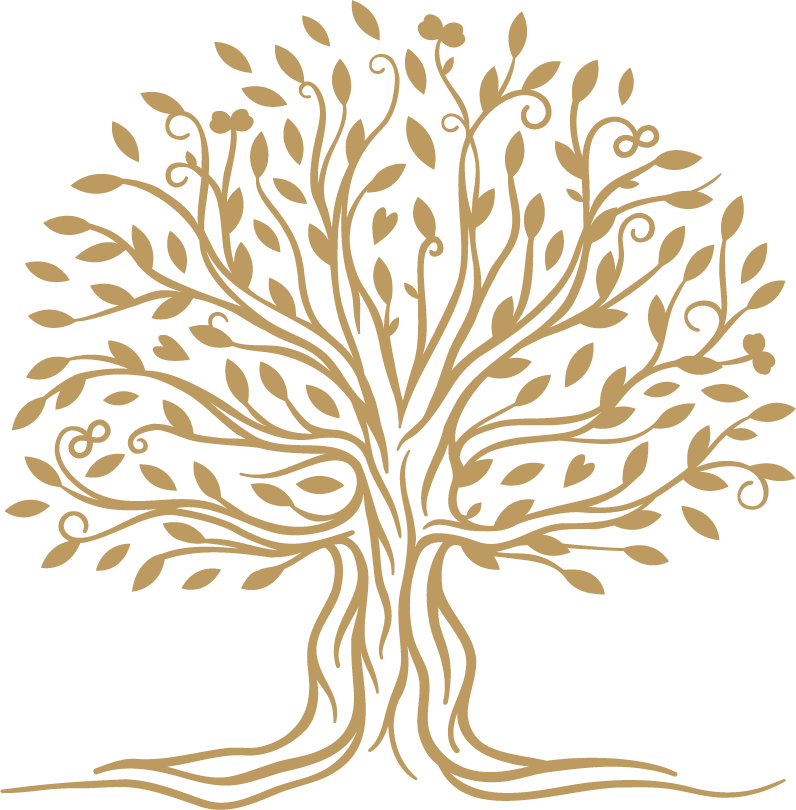We are founded on world-class medical endeavor, scientific rigor and empirical evidence.
The Longevity Center is helping to advance practical applications of age science and preventive medicine, which we integrate into all our diagnostics and interventions. Our scientific director leads a team of experts in evaluating and harnessing the latest diagnostic tools, cutting-edge equipment and most effective interventions in longevity optimization.
Our experts and specialists analyze this data to integrate it into your health assessments so that your intervention plan is tailored to your specific medical profile and personal needs. This ensures that by using the Longevity Center you will benefit from our advanced scientific research and maximum personalization, resulting in your optimal health and longevity.


